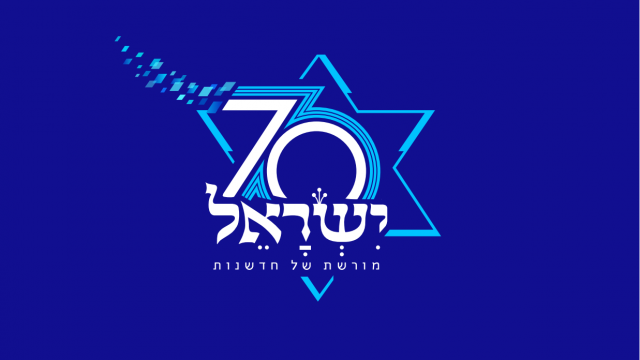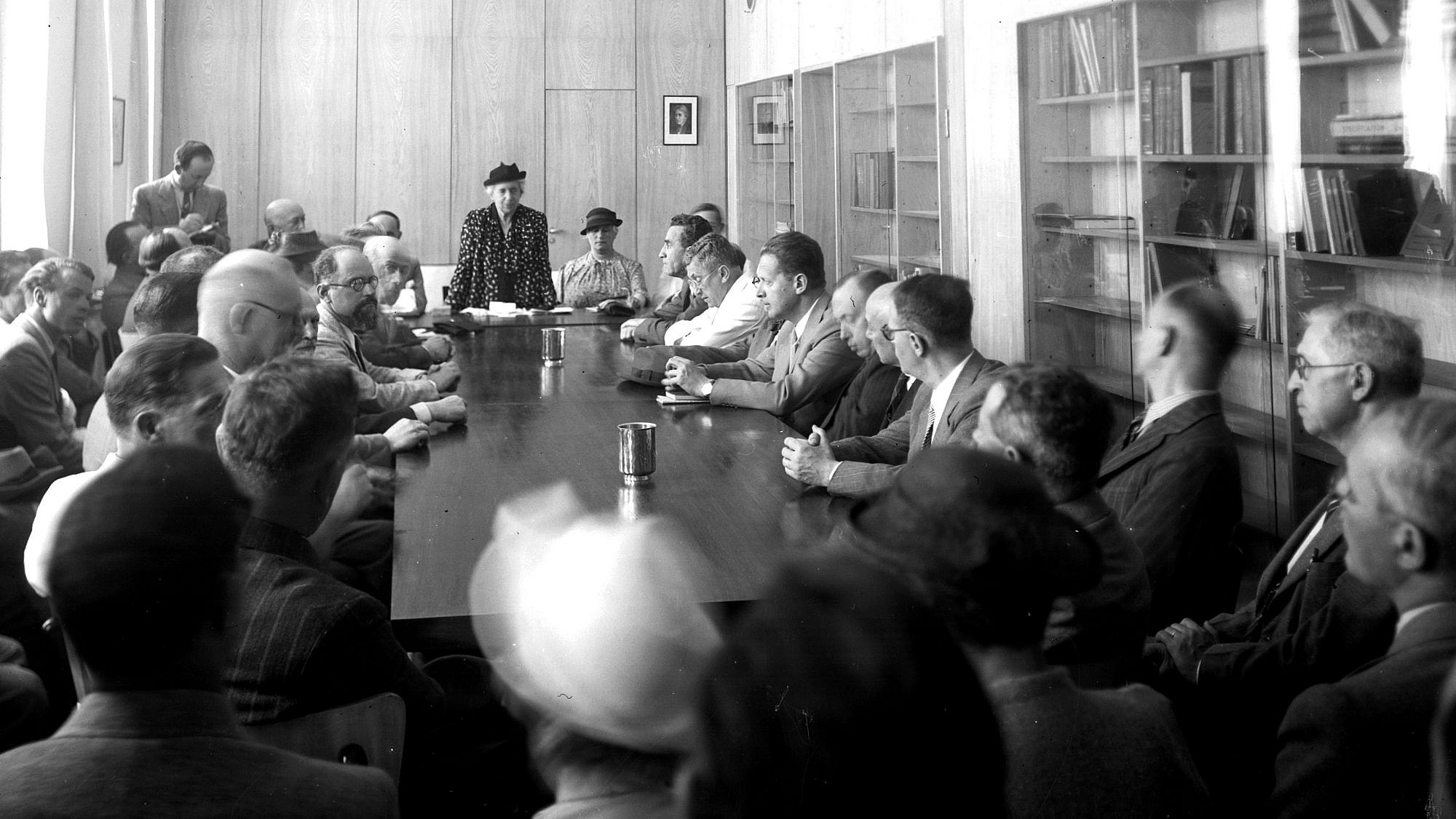An early American Zionist leader who was also learned in traditional Jewish texts and scholarship, Henrietta Szold was notably ahead of her time. Born to a Jewish family in Baltimore in 1860, Henrietta’s father was a rabbi who ensured that she receive a Jewish education. As a result, Henrietta became involved in teaching, as well as in editing and publishing Jewish texts – an unheard form of scholarship for women at that time. An example of her work, familiar to many English speakers who have studied Talmud, is the Marcus Jastrow’s Dictionary of the Talmud, which she edited. Szold also served as the sole female editor for the Jewish Publication Society, translating, editing and preparing works for publication. Szold continued her formal Jewish education at Solomon Schecter’s Jewish Theological Seminary.
A committed Zionist since its early days, Szold visited Palestine for the first time in 1909 and immediately devoted herself to work for the betterment of its population. She founded an organization called Hadassah, which focused on improving health care in Palestine. Under Szold’s leadership, Hadassah created hospitals, nursing programs and facilities as well as many important health and education services.

Hadassah, also known as the Women’s Zionist Organization of America, continues to operate as one of the largest international Jewish organizations with well over 300,000 members in the United States. One notable leader was Miriam Freud-Rosenthal, who carried on Szold’s legacy in Hadassah until her death in 1999. Over the decades, the women of Hadassah have supported a number of programs and wide range causes, branching out from the initial immediate need of improving medical care in the early days of the Jewish community in Palestine. Another example of activities which Hadassah has been involved with, is the organization’s opposition against one of the better-known anti-Israel resolutions that was passed in the UN’s general assembly in 1975. This resolution essentially determines that Zionism is a form of racism. It is quite appropriate that Hadassah continues to fight this particular piece of anti-Israel propaganda, as Henrietta Szold would have found the notion quite abhorrent. Indeed, Szold ensured that the medical programs founded and funded by Hadassah would be available for all residents of Palestine and subsequently the State of Israel, regardless of an individual’s race, ethnicity, or religion.
Szold came to Palestine to live permanently in 1933. A year later, she inaugurated the new Hadassah-funded hospital on Mount Scopus. This is the same Hadassah Hospital which operates today as one of the central and foremost medical facilities in Israel.


























